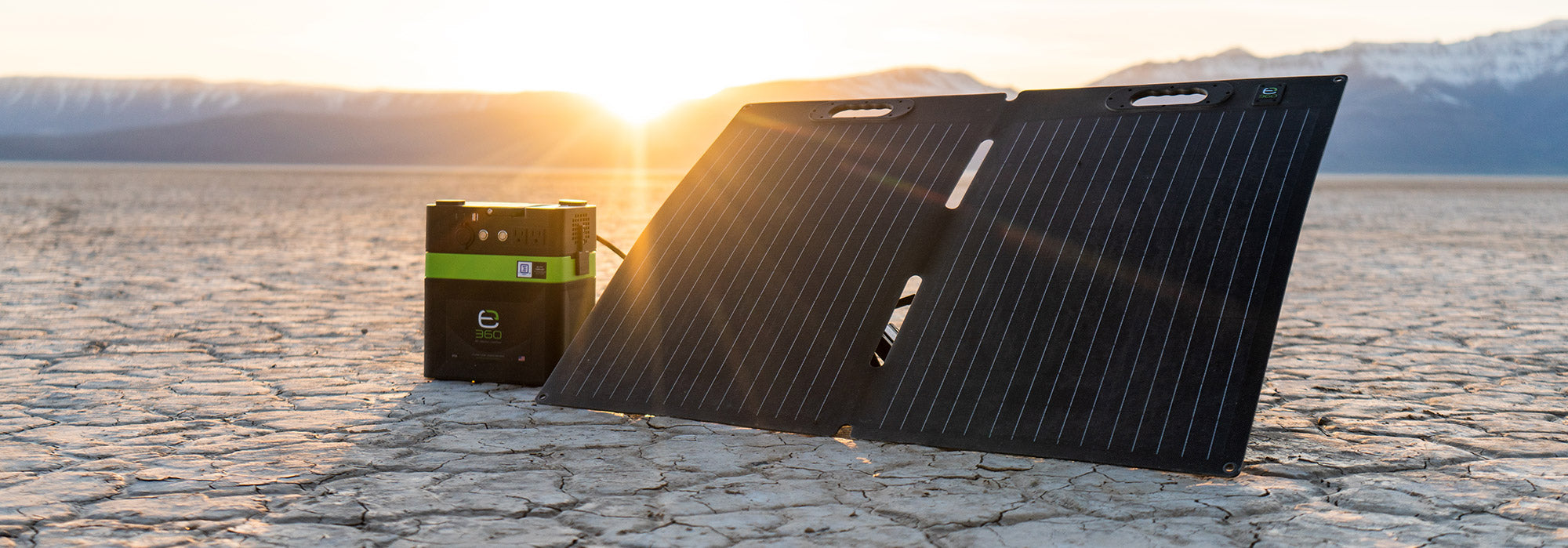Going On Vacation? Here's What To Do For Lithium Battery Storage
At Expion360, we’re always in pursuit of adventure. Most of the time, that adventure equals off-grid exploration with nothing but a few supplies and our trusty rigs. But sometimes, we trade the unexplored for something a little more familiar (and very much on-grid). If you’re planning an extended vacation this summer that doesn’t include your RV, van, or boat, you’ll need proper lithium battery storage. Lucky for you, we’ve put together this handy guide so you can catch up on that R&R.
For Optimal Safety, You Need Perfect Use and Disuse
When you engineer premium lithium batteries, safety better be your middle name. From engineering to customer use, we educate and follow proper safety so you can explore with confidence. Of course, this applies to the times you’re not exploring also. When it comes to periods of disuse, like a summer vacation, correct storage keeps your battery operational, boosts its longevity, and increases overall safety.
Best Practices for Lithium Battery Storage
Before we get to best practices, the amount of time in disuse matters. The short-term refers to a period of about one to 12 months, whereas long-term means 12 months or more. For the sake of this blog, we’re talking about short-term storage. But it’s worth noting that, if handled properly, some batteries can be stored and retain functionality for up to 10 years.
To ensure your investment says functional and safe, you should:
Choose a well-ventilated area
The first step to proper storage is not leaving the lithium battery in your RV, van, or boat. Lithium batteries are unique in that you do not need special ventilation when installed in your vehicle. However, when stored, you’ll need to find a well-ventilated area to avoid damage due to overheating or humidity.
Protect from water damage
While this point might be especially important for lithium marine use, it’s a good rule of thumb to store in an area not prone to leaks, pools of condensation, or exposure to the elements. Depending on the ambient temperature, a metal storage cabinet in a garage (with proper ventilation) can be an excellent way to protect your battery.
Keep a controlled temperature
You’ll need to choose an area that remains between 40 and 80 degrees Fahrenheit. Large temperature swings can impact the battery’s functionality and cause a permanent loss of capacity.
Avoid direct sunlight
A large aspect of maintaining a climate-controlled environment is not storing batteries in direct sunlight. Excess heat caused by direct sunlight can negatively impact performance and lead to shorter lifecycles.
Pay attention to the charge level
Before storing your battery, it should be in a charge state of at least 40%. Too much charge, and you can shorten the battery’s life. Too little charge, and it will self-discharge while in storage. For long-term storage, it will be necessary to discharge the battery every three months.
The Expion360 Support Team is Here to Help!
If your summer packing list doesn’t include your E360 lithium battery, proper storage is a must! When in doubt, our support team can guide you through any lithium battery storage questions you might have to keep your investment in prime condition.
Be sure to follow us on social or check out our YouTube channel for more tips.





